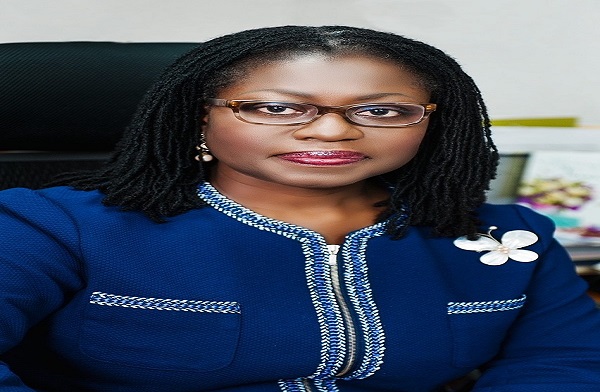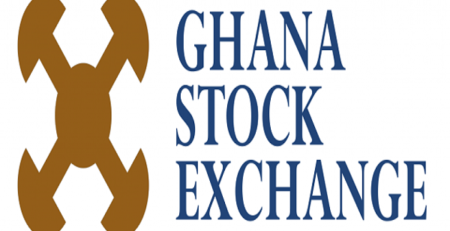Women have the potential to harness the benefits of AfCFTA – Governor
Mrs Elsie Addo Awadzi, Second Deputy Governor, Bank of Ghana, says there is a great potential for women to harness the benefits of the Africa Continental Free Trade Area (AfCFTA).
She said women could also harness many other opportunities beyond Ghana and Africa through technology and e-commerce platforms.
The Second Deputy Governor said these market opportunities offered hope to women-owned and women-led businesses in Ghana to scale up and to compete with their peers abroad.
Mrs Awadzi was speaking at an event to commemorate the Second Anniversary of the AGI-Women in Business initiative in Accra.
The event was on the theme: “Women-Led Businesses: Exploring Finance Channels and Market Access for Growth.”
AGI-Women in Business provided a platform to promote women-owned and women managed businesses and to influence government policies that enhance their contribution to socio-economic development.
She said women entrepreneurs and the businesses they own and lead, however, face serious challenges.
She said limited market access and limited access to finance remained some of the key challenges for all stages of businesses owned by women in Ghana.
She said the good news was that there were growing opportunities to address these bottlenecks that limited women-owned and women-led businesses.
The Second Deputy Governor said to address the limited access to finance challenge, a lot was required both on the side of female entrepreneurs and their businesses on one hand and financial institutions on the other.
“On the demand side, female entrepreneurs must understand various financing options such as bank financing, and financing by specialised deposit-taking institutions (SDIs) such as savings and loans companies, finance houses, microfinance companies, and rural and community banks who tend to focus on Micro Small Medium Enterprises (MSMEs),” she added.
Mrs Awadzi said the Bank had put in place mechanisms to support the delivery of credit on a sustainable basis to businesses, including women-owned MSMEs.
These include a credit bureau-based reporting system that ensures that banks and other licensed lenders report on credit behaviour (prompt loan repayments as well as defaults) on all borrowers and that creditors check on borrowers’ credit behaviour before they make credit decisions on loan applications.
“Responsible borrowers, therefore, stand a better chance to access more loans and at reasonable interest rates as their credit risk will be lower,” she said.
She said the Bank’s Collateral Registry registerd all collateral (over movable and immovable assets) provided by borrowers to licensed creditors and facilitates the delivery of credit to borrowers, especially women, who might not have access to immovable assets collateral.
Mrs Awadzi said while banks and Special Deposit Institutions (SDIs) continued to expand their client base and lend to more businesses, including women-owned and women-led businesses, it was important to stress that bank and SDI financing, which was loan-based, was not the only type of funding available for businesses.
The Deputy Governor said sometimes, longer-term, and more patient forms of capital may be more appropriate for a business instead of or in addition to the bank or SDI loans.
Such alternative sources of funding include venture capital and private equity financing, equity, and bond financing from the stock market (which includes the Ghana Stock Exchange’s Alternative Market and Ghana Fixed Income Market), finance leasing and hire purchase, all of which are available.
She called on the banks, SDIs and other financial services providers to understand the women market to specifically tailor products that work for them.
Mrs Awadzi said women entrepreneurs form a significant and viable unique market that needs to be understood and serviced to the benefit of all.
“Given the critical role of women-owned and women-led businesses in our socio-economic development, our entire nation stands to gain significantly by equipping these businesses to scale up with good business practices, technology and technical support, and access to finance,” she added.
She said by supporting women-owned and women-led businesses, “we would be positioning our economy to grow on a sustainable basis and in addition to access to finance, programmes that provide networking, mentoring and coaching opportunities for women are needed to provide them with world-class business and entrepreneurial skills.”
The Canadian Ambassador to Ghana, Kathleen (Kati) Csaba, said the platform created by the AGI women was critical for the success of their businesses and urged the women to work together.
She pledged Canada’s assistance through capacity building for the women-led businesses.
Mrs Kosi Yankey Ayeh, the Chief Executive Officer of Ghana Enterprises Agency, also called on the women to explore various financial opportunities for the growth of their businesses.
Source: News Ghana














Leave a Reply